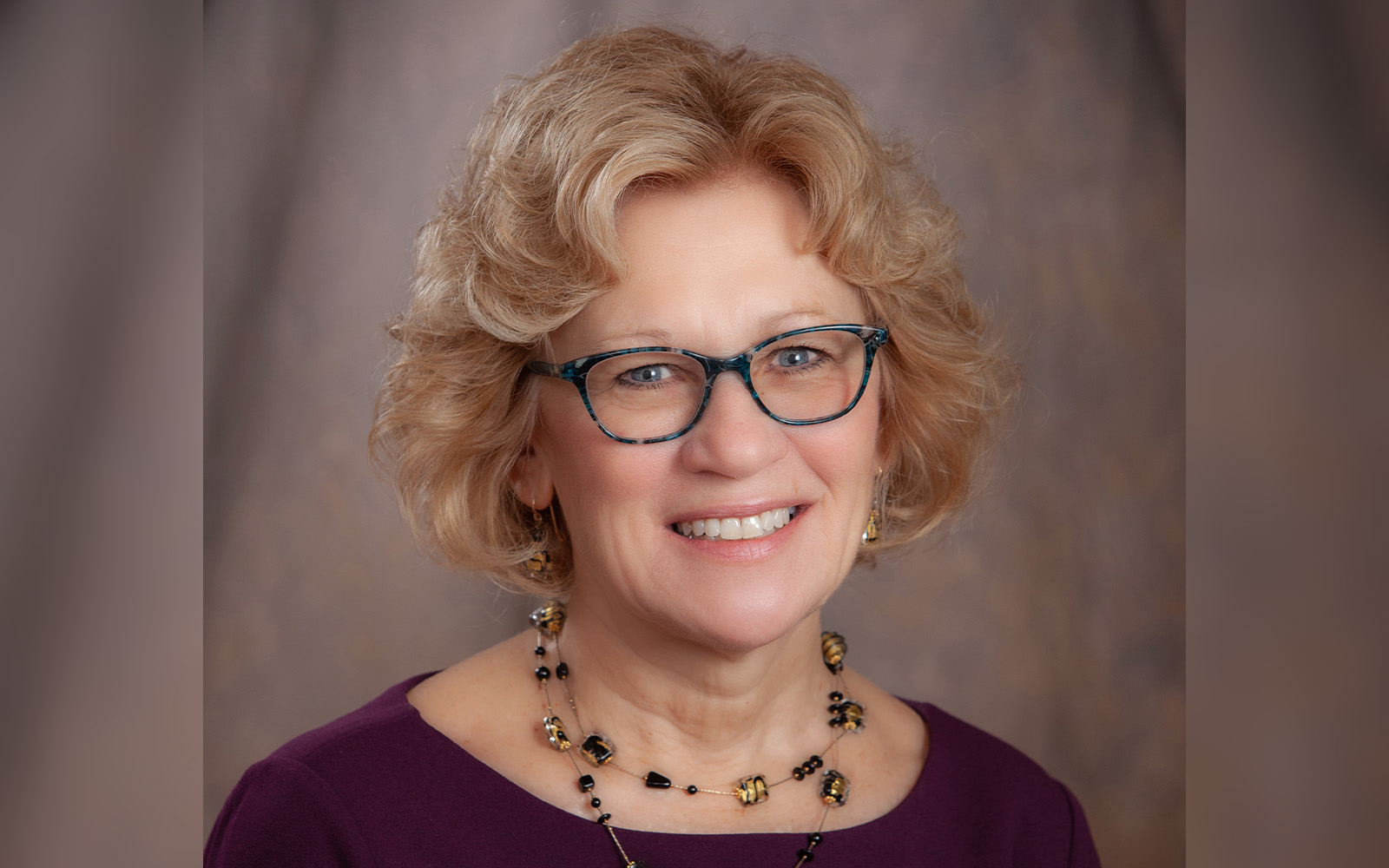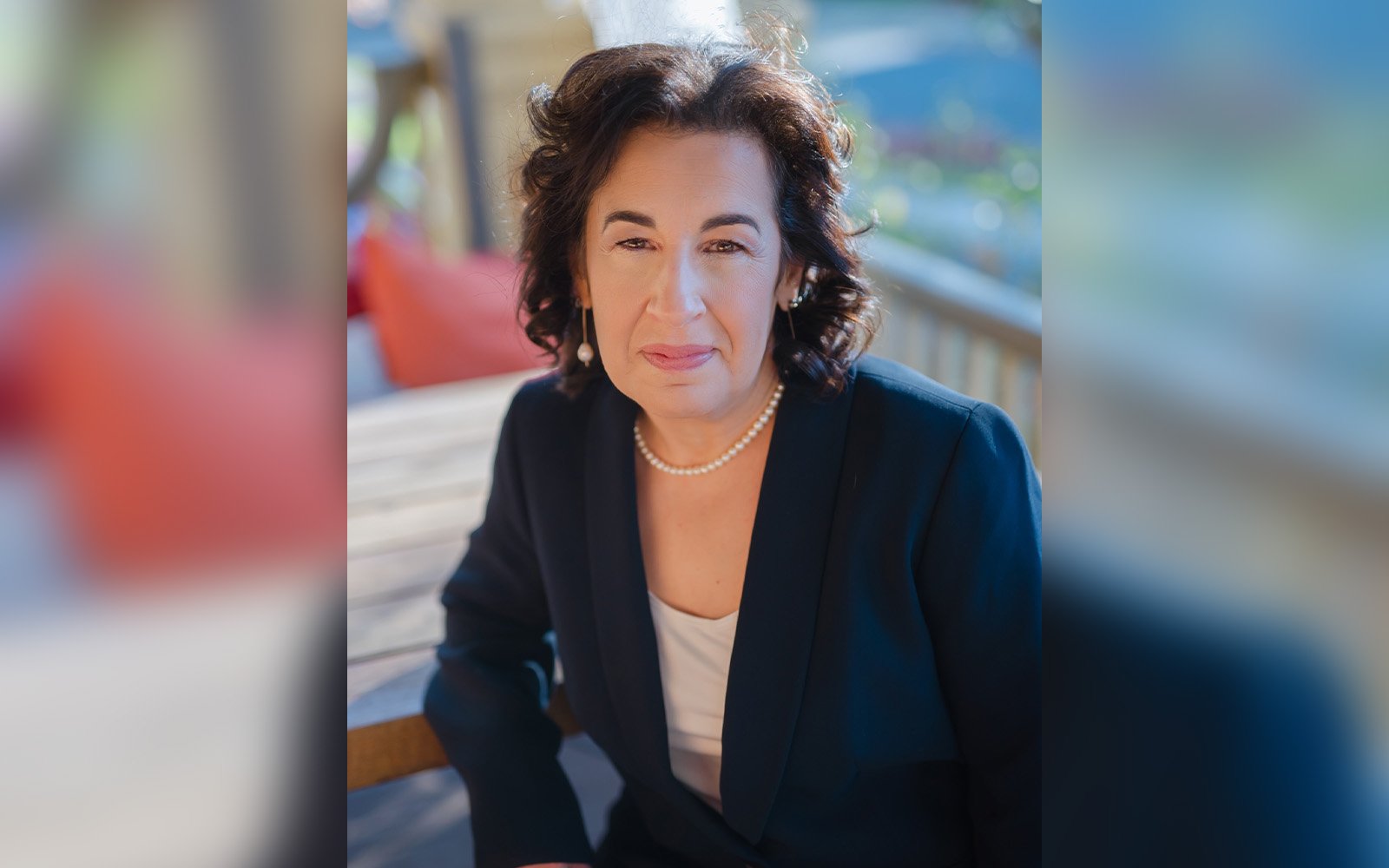As the semester draws to a close there is much to reflect upon. I am grateful every day for the engagement and involvement of UConn School of Business alumni.
As we engage together, I often hear, “I didn’t know you did that!” Here is a recent example of something we do that most don’t know.
Our Family Business Program focuses on the special issues confronted by family businesses. We create a forum for people with shared interests to exchange ideas, explore alternatives, and engage with each other and other business experts.
Family businesses have all the problems of any business. But they also face the inherent family dynamics that arise from family members reporting to each other. How do you confront the difficult conversation when you fire a cousin? How do you ensure that important, non-family professionals feel included and respected? Perhaps this is just another layer of complexity in managing complex organizations. But it is a very important, distinct, and thick layer.
The Family Business Program, under the guidance of our Connecticut Center for Entrepreneurship & Innovation, presented a workshop on business transition last month, featuring a distinguished panel of experts who shared their knowledge and experiences.
Let me share a few of the key ideas with you:
- Family leaders will determine how much to emphasize family, and how much to prioritize business success. Rather than pushing for optimal profitability, they may decide to satisfice on the business side by earning just enough to support the family and involve as many family members as desired. This can be a comfortable equilibrium.
- In generational transitions, the comfortable satisficing choice often gives way to a profit-maximizing choice. The generation in control sees a future after leaving the company, and wants to maximize their resources when the transition happens. The next generation may want to continue the business but does not want to pay too much, even to mom and dad. Independent outside acquirers are even less willing to overpay.
- A consensus emerged that “transition” covers a three-to five-year time frame, during which satisficing accommodations need to be replaced with professional business patterns, such as an independent board of directors and accomplished professionals in all key positions.
- The panel also talked about the four “D”s….. Divorce, Death, Disability and Disagreement. These bring an immediate sense of urgency to the transition decision and deny the 3- to 5-year period to optimize the exit value. They also quoted results that only one in five of the companies that engage investment banks to sponsor an auction have a successful sale. Worse yet, they reported that 75% of owners who exited reported being unhappy a year later.
It is indeed a tangled web we weave and there are many ways for family business transitions to go wrong. Two things stood out to me: the need for open, honest communication within the family, but also within the business to set the stage for the business to evolve. Another take-away was that “you cannot read the label from inside the bottle.” There is certainly a tendency for all of us to think we know what we need to know, but the value of an independent outside assessment cannot be overstated. Transitions are better when supported by some independent confirmations of where the business stands and what its future can look like.
The Family Business Program welcomes new members. To learn more about it, please visit: https://ccei.uconn.edu/family-business-program/

Back to the Dean’s Corner






